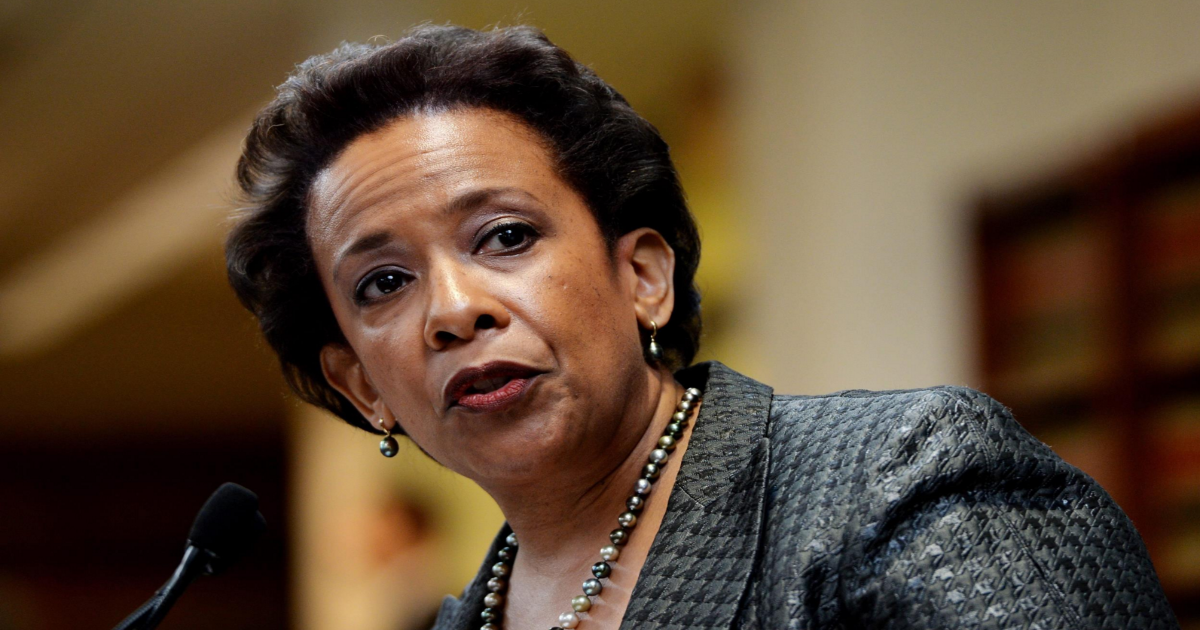Thom Hartmann has periodically said that “Capitalism has reached the cancer stage.” Nothing typifies this more than the merger mania of the past decades that has concentrated more and more power into the hands of fewer and fewer entities. However, there is some push back; recent proposed mergers between Bayer and Monsanto as well as Dow Chemical and DuPont are now drawing scrutiny not only from Federal anti-trust regulators, but state-level officials as well.
At this point, it is not known how many states will ultimately be joining the investigation. However, now that states’ attorneys general are getting in on the issue, those corporate giants will find that their attempts to get even bigger will be getting much more complicated.
Regulators’ major concern is that such mergers will give both resulting companies more monopoly power to raise prices on pesticides and herbicides, while reducing incentives to develop more effective and less costly products. Ultimately, the power to stop these mergers lies with the U.S. Department of Justice, which would have to file a lawsuit. However, information gathered by state attorney generals on how these mergers would affect their jurisdictions would have an impact on such action. Earlier this year, the DoJ sued to stop two mergers between major health insurers (Aetna-Humana and Anthem-Cigna), joined by several states.
Despite the growing opposition, Dow, DuPont and Bayer aren’t too worried about their prospects. Spokespeople for all three say they are “working with regulators” as they demonstrate the benefits of the proposed mergers and are confident of approval.
On the other side of the equation, consumers worry about the consequences, should the mergers be approved. Wenonah Hauter, executive director of Food & Water Watch, pointed out that “farmers get paid less for their crops, more pesticides are used and there are fewer options for consumers at the grocery store.” These concerns are certainly valid. The mergers are being proposed at the same time that farmers are losing money because of drops in the prices of crops and other agricultural commodities.
Giving corporate behemoths such as Monsanto and Bayer even more power than they already have would not help matters. For example, those two companies control the biggest cotton seed brands in the country. Cotton seeds resistant to Bayer’s Liberty pesticide and Monsanto’s infamous Roundup represent approximately 70 percent of U.S. cotton acreage. Law professor Peter Carstensen of the University of Wisconsin says, “One of the worst things you could do is link Liberty and Roundup in the same company…there’s no incentive for somebody to develop a third alternative.”




